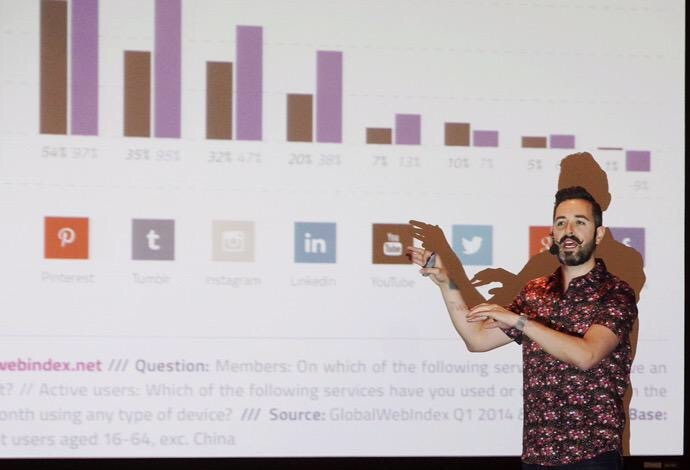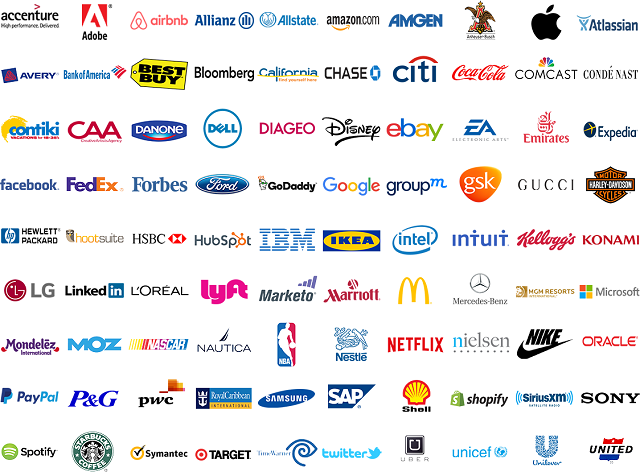The Future of Online Gambling in the UK
As advancements in technology reshape various sectors, the landscape for wagering activities in the UK is poised for significant transformation. Regulatory changes are set to influence how platforms operate, ensuring a safer environment for participants while adapting to evolving consumer demands. Industry outlook reflects both challenges and opportunities, compelling stakeholders to innovate continuously.
New gaming trends are emerging, driven by players’ desires for more immersive and interactive experiences. Innovations such as AI automation are streamlining operations and personalizing user experiences, making it easier for participants to engage with their favorite pastimes. Moreover, blockchain security promises enhanced trust between gamers and providers, mitigating concerns over fairness and data integrity.
As the realm of gaming transitions, virtual reality experiences, exemplified by VR casinos, offer unparalleled levels of engagement, immersing players in lifelike environments that redefine traditional participation. With these shifting paradigms, a reimagined approach to gambling activities is on the horizon, signaling a new era of entertainment in the UK.
How Regulatory Changes Will Impact Online Gambling Platforms
Shifts in regulations are poised to reshape the industry outlook significantly. As authorities introduce stringent measures, operators must adapt to new standards that promote player protections. Enhanced regulations could lead to innovative practices that prioritize the well-being of participants, ensuring a safer environment for everyone involved.
Furthermore, these adjustments may pave the way for the emergence of new gaming trends, including the incorporation of advanced technologies. For instance, the rise of VR casinos is likely to be influenced by regulatory requirements, encouraging platforms to invest in immersive gaming experiences that remain compliant with newly established guidelines.
Additionally, blockchain security is expected to gain traction as a favored solution among operators seeking to meet compliance demands. By implementing decentralized technology, platforms can enhance transparency and trust, addressing potential concerns raised by regulators while enticing tech-savvy players.
In conclusion, the interplay between regulatory shifts and technological advancements will significantly determine the trajectory of this segment, ultimately fostering a more secure and innovative space for enthusiasts and providers alike.
Emerging Technologies Shaping User Experience in Online Gambling
Advancements in technology are redefining user interaction within the realm of virtual betting platforms. The integration of ai automation enhances personalized experiences, allowing providers to tailor offerings based on player preferences and behaviors. This shift not only optimizes engagement but also improves customer satisfaction.
Blockchain security is rapidly becoming a cornerstone of trustworthy gaming environments. By ensuring transparency and fairness in transactions, blockchain technology builds player confidence, crucial for the longevity of gaming enterprises. Users can play with peace of mind, knowing their data and funds are safeguarded against fraud.
Furthermore, vr casinos are revolutionizing traditional gaming experiences. These immersive environments create a social casino atmosphere, enabling players to interact with each other and the surroundings in ways previously unimaginable. As vr becomes more mainstream, it promises to attract a diverse audience seeking authentic interactions.
Keeping up with new gaming trends is essential for operators aiming to maintain relevance. The rise of mobile-first applications and innovative gaming formats signal a shift towards convenience and engagement, appealing particularly to younger demographics. As preferences evolve, so must the offerings of these platforms.
Lastly, regulatory changes will play a pivotal role in shaping this landscape. Compliance with emerging regulations not only ensures legitimacy but also enhances player protection. As these shifts occur, stakeholders must remain agile to adapt and thrive in a dynamic industry outlook.
Role of Responsible Gaming Measures in Industry Growth
As the competitive landscape evolves, player protections become increasingly vital for sustainable development within the sector. Implementing responsible gaming measures not only reflects a commitment to consumer safety but also enhances brand reputation, fostering customer loyalty in an environment where trust is paramount.
Advancements in technology, especially through AI automation, facilitate the monitoring of player behavior, enabling operators to identify potential problem gambling patterns swiftly. This proactive approach serves as a critical component in protecting consumers while aligning with regulatory changes aimed at minimizing risks associated with excessive betting.
Emerging new gaming trends emphasize the importance of mental well-being, resulting in features like self-exclusion tools and deposit limits becoming standard practice. As platforms embrace these innovations alongside vr casinos, they not only enhance user experience but also contribute to a safer gaming environment, facilitating a healthier industry outlook.
Incorporating responsible practices creates a positive image for brands, which in turn attracts a broader audience. The ongoing commitment to player safety will ultimately drive growth and innovation in the market, with resources like r2p bet casino” highlighting the industry’s dedication to maintaining standards that prioritize user welfare.
Q&A:
What regulations are currently shaping the online gambling industry in the UK?
The online gambling industry in the UK is primarily regulated by the UK Gambling Commission, which oversees licensing and compliance for gambling operators. Key regulations include the Gambling Act 2005, which established the legal framework for gambling activities, ensuring that operators run their services fairly and transparently. Recent updates have focused on consumer protection, advertising restrictions, and responsible gambling measures, including the introduction of checks for age verification and self-exclusion programs for players. This regulatory environment aims to balance economic benefits while safeguarding public interest.
How is technology influencing the future of online gambling in the UK?
Technology is playing a significant role in transforming online gambling experiences in the UK. Innovations such as mobile gaming applications, virtual and augmented reality, and blockchain technology are making gambling more accessible and secure. The rise of live dealer games offers players an immersive experience, mimicking the feel of brick-and-mortar casinos. Additionally, data analytics is enabling operators to better understand player behavior and preferences, tailoring their offerings to enhance user engagement. These technological advancements are likely to shape the industry’s growth and direction in the coming years.
What trends can we expect to see in online gambling in the UK in the coming years?
Several trends are expected to shape the online gambling sector in the UK. One major trend is the increasing popularity of mobile gambling, as more players prefer to gamble on their smartphones and tablets. Another trend is the focus on responsible gambling, with operators implementing measures to protect vulnerable players and promote safer gambling practices. Additionally, there may be a rise in eSports betting, as competitive gaming becomes more mainstream. The integration of cryptocurrencies as a payment option is also gaining traction, providing more secure and anonymous transactions for users.
How do consumer preferences affect the online gambling market in the UK?
Consumer preferences have a profound impact on the online gambling market in the UK. As players seek more interactive and personalized experiences, operators are increasingly developing games that cater to individual tastes and preferences. Polls and surveys reveal that users increasingly enjoy features like gamification, which incorporates game-like elements into gambling, making it more engaging. Additionally, the demand for diverse payment options, including e-wallets and cryptocurrencies, is guiding how operators structure their platforms. As preferences shift towards mobile accessibility and social interaction, these factors will continue to influence the services offered by online gambling companies.




















